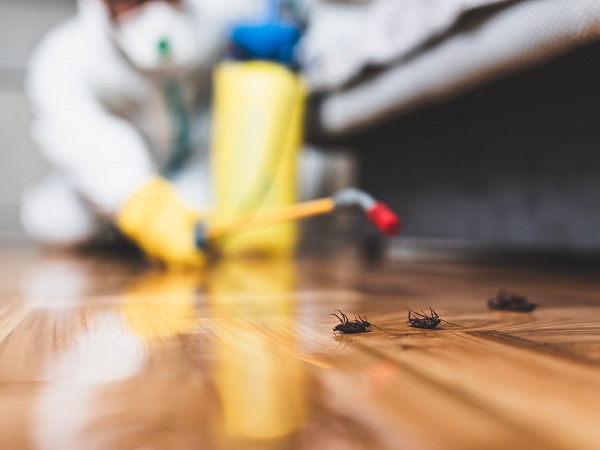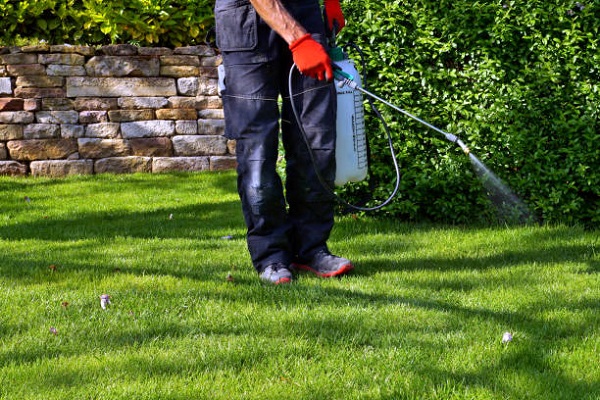In today’s society, there are many more pests than ever before. These pests have caused huge problems for homeowners and businesses alike. There are many treatments and pest control companies to try and help with these issues, but it can be hard to identify which type of company or treatment is best for you. In this blog article, find out the pros and cons of each treatment and which might be best for you!
Is Pest Control a Seasonal Business?

Weather Conditions Play A Role In Pest Control Businesses’ Success. Weather conditions play a huge role in any company’s success or failure. If it is too hot or cold outside, customers might not want to venture out and purchase pest control products. The same goes for indoors–if it is too hot or too cold, they may be uncomfortable enough with the temperature of their environment to not want to purchase a pest control product. A company can also lose money if they are too busy to do their business because of bad weather or cannot get the help from their employees they need. Businesses can see how their customers’ needs change with the weather by having a website and good internet marketing strategies. They can use this information to adjust their business accordingly. Pest control businesses, in general, have an easier time when the economy is on the rise because people are more likely to do repairs around their homes or buy new items for them so that they become more attractive homes for pests.
What is Pest Control?
Pest control is a seasonal business. Generally, pest control businesses operate during the summer months when pests are most active and in the fall, temperatures start to drop and pests are less active. Pesticides and insecticides are used to control pests. These pesticides can be applied as sprays, dust, and larvacides. Insect repellents provide protection from bed bugs, termites and other insects. “Herbicides” kill plants in order to get rid of unwanted vegetation. Some herbicides are called selective herbicides because they only kill the unhealthy parts of a plant without harming the healthy parts of the plant.
There are several pest control services available, such as exterminators specializing in individual pest problems such as cockroaches or spiders. Others have a broader scope of pest control services, such as termite inspection companies or pest removal companies which go far beyond their scope for finding the particular problem.
Does pest control need to be seasonal?
When it comes to pest control, many people believe that the activity needs to be seasonal in order to be successful. The theory behind this is that pests are more active during warmer months, so pest control efforts should focus on these months. However, there is no hard and fast rule about when pest control should be carried out, so it depends on the specific situation. In general, though, it is often best to take action in the warmer months when pests are more active in order to minimize damage.
There’s no debating that pest control is a seasonal business. This is especially true in the warmer months when pests are more active and seeking out new places to live and breed. However, you can successfully run your pest control business year-round with the right preparations. Here are three tips to help you do just that:
1. Prepare Your Pest Control Equipment In Advance. Make sure all of your equipment is prepped and ready to go before the season starts, including bait stations, insecticides, and rodenticides. This will save you time and hassle later on when pests are already active.
2. Get Organized And Stay On Top Of The News. Keep up to date on what’s happening with pests around the country so that you know which products to stock up on or use in specific situations.
Conclusion
Pest control can be a seasonal business, depending on the type of pests that are present. For example, termites are usually an annual problem in most areas, while mosquitoes tend to become a bigger issue during summertime. However, if you’re prepared for peak season and have contingency plans in place, you’ll be able to keep your business afloat even when things slow down elsewhere.

